#DMTBarberShop
Over the past several years, the Human Flourishing Program at Harvard University has pursued research on parenting practices and how these practices affect the flourishing of children as they grow and develop into adulthood.
A common division of parental styles classifies them along two axes: parental warmth, on the one hand, and parental discipline, on the other. Based on whether the parenting approach is high or low on each of these two dimensions, parenting styles are then divided into four types.
The parenting approach with high warmth and high discipline is sometimes called the authoritative style. In contrast, the approach with low warmth and high discipline is referred to as the authoritarian style. The approach with high warmth but low discipline is referred to as the permissive style. And, finally, the approach with low warmth and low discipline is referred to as the neglectful style.
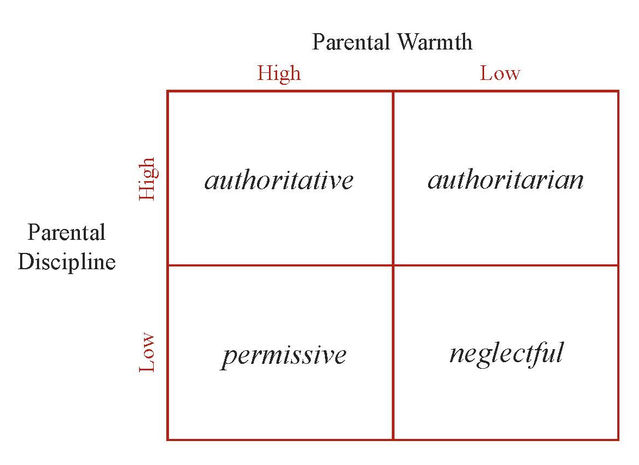
Research has fairly consistently shown that the approach of high warmth and high discipline (the authoritative style) tends to be associated with the best childhood outcomes. However, much of the research on the topic of parenting styles has examined single outcomes, one at a time. When this is done with different samples, and in different settings, it can be difficult to get a broad picture of the relative strengths and weaknesses of the different approaches.
Moreover, much of the existing research is also cross-sectional in nature, meaning that all of the data is collected at once, rather than collected repeatedly over time. This can make it difficult to infer causality. For example, if parental warmth is associated with better child outcomes, it is difficult to know whether parental warmth really causes those outcomes or whether, for example, those children who are going to have good outcomes anyway are simply easier to love. One needs data collected over time, ideally on numerous well-being outcomes, to resolve these questions.
This year we published two empirical studies, one in January in Social Science and Medicine, and one just last month in Nature Human Behavior. Both studies used data collected over many years. We looked at the effects of different parenting styles on numerous health and well-being outcomes, and the results, using more rigorous methodology, were largely consistent with previous findings. Children who had parents with the authoritative approach to parenting (high warmth, high discipline) fared best later in life.
One of the interesting results of our two studies was that parental warmth, or love, seemed to be the dominant factor. While those who had high warmth and high discipline (authoritative style) did the best, the next best category was high warmth, low discipline (the permissive style) and they did considerably better than the group that, in contrast, had low warmth and high discipline (authoritarian style). Not surprisingly, the group that had low warmth, low discipline (neglectful style) fared poorest. However, overall, parental warmth or love seemed the most important. When parental warmth was considered on its own, it was the most important aspect of parenting we were able to identify.
This conclusion was especially manifest in our Nature Human Behavior study, in which we examined multiple aspects of positive parenting. In that study, parental warmth in childhood (measured by satisfaction with the parent-child relationship, generally concerning love and attachment) was associated, several years later, with a 46 percent reduction in depression, a 39 percent reduction in anxiety, a 68 percent reduction in eating disorders, as well as higher levels of emotional processing and expression, and lower levels of cigarette and marijuana smoking.
Other parenting practices, like family dinners, were also important, but simply not as important as parental love and affection. Likewise, in our Social Science and Medicine study, parental warmth was associated with a wide range of positive flourishing outcomes later in life. The links to some of these (such as happiness/emotional well-being, positive relations later in life, and self-acceptance) were larger than the associations with others (such as social coherence), but they were positive for almost all outcomes.
The research points to the important role of love in human flourishing. While the term “love” means different things to different people, in much theological writing, it is understood as a desire for and/or commitment to the good of the other. That seeking of the other’s good, in childhood (and arguably throughout life), is very powerful. In addition to the actions that promote the good of the beloved, that experience of love affirms the person’s intrinsic value and worth. It establishes a bond. It fulfills one of the deepest human yearnings for connection with others. It is no wonder, then, that the experience of love appears to affect so many health and well-being outcomes. Love is not often considered in our medical and public health discussions as to what shapes health. But perhaps that should change as more and more research points to its profound importance.
Our study is not without its limitations. While the experience of parental warmth, or love, emerged as being of central importance, the measurement of constructs like love or discipline is challenging. Measures will always be imperfect. Our measures of parental discipline do not take into account what form that discipline takes. The range of outcomes we were able to examine with the data are also limited. They do not include assessments of character. Indeed, the measurement of character is still in its infancy, and difficult to study. But we might expect parenting practices oriented towards discipline to profoundly shape character, and to shape also the child’s subsequent contribution to the lives of others in adulthood. Nevertheless, despite these limitations, what the research does very clearly establish is the importance of a child’s experience of love.
Love can be experienced in different ways. Our last posting pointed to the importance of forgiveness. Forgiveness—being understood as the replacing of ill-will with good-will towards the offender—is itself a form of love. Perhaps love thus ought to be given greater attention, in the empirical sciences, in life, and in our public discourse, as to what brings about true human flourishing.
------------------------
You can sign up here for a monthly research e-mail from the Human Flourishing Program. The Human Flourishing Program at Harvard University aims to contribute to, bring together, and disseminate knowledge from various academic fields on topics fundamental to human flourishing.
Parenting

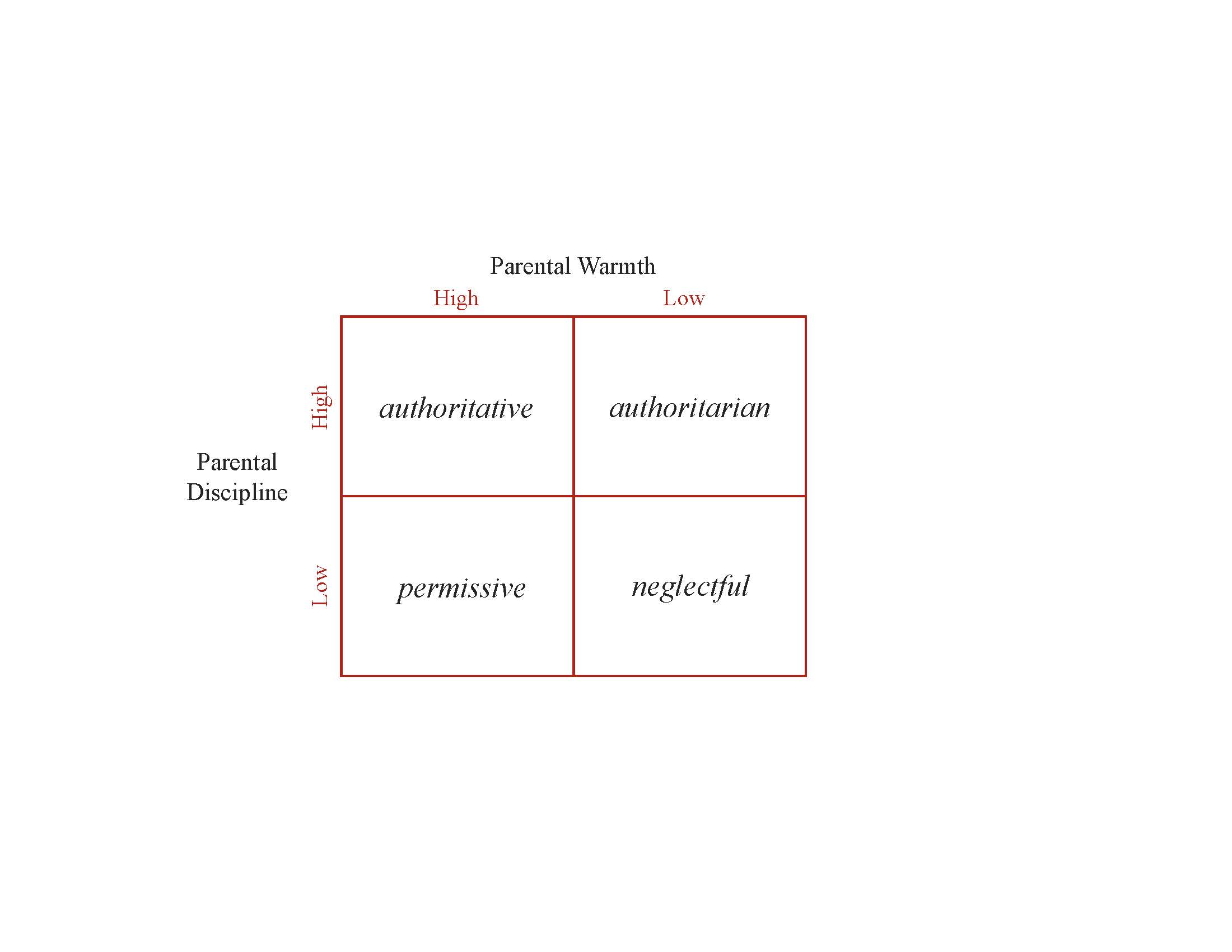
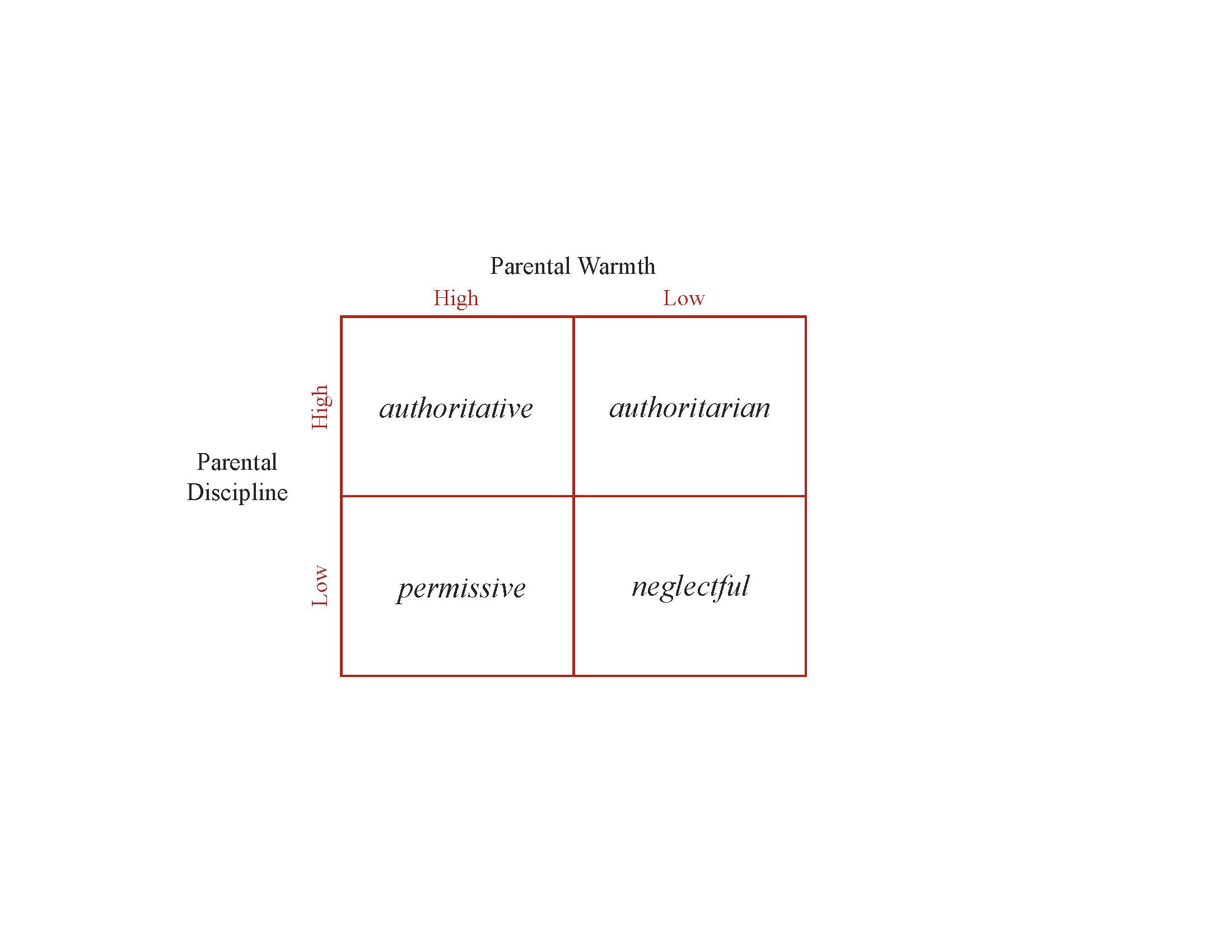
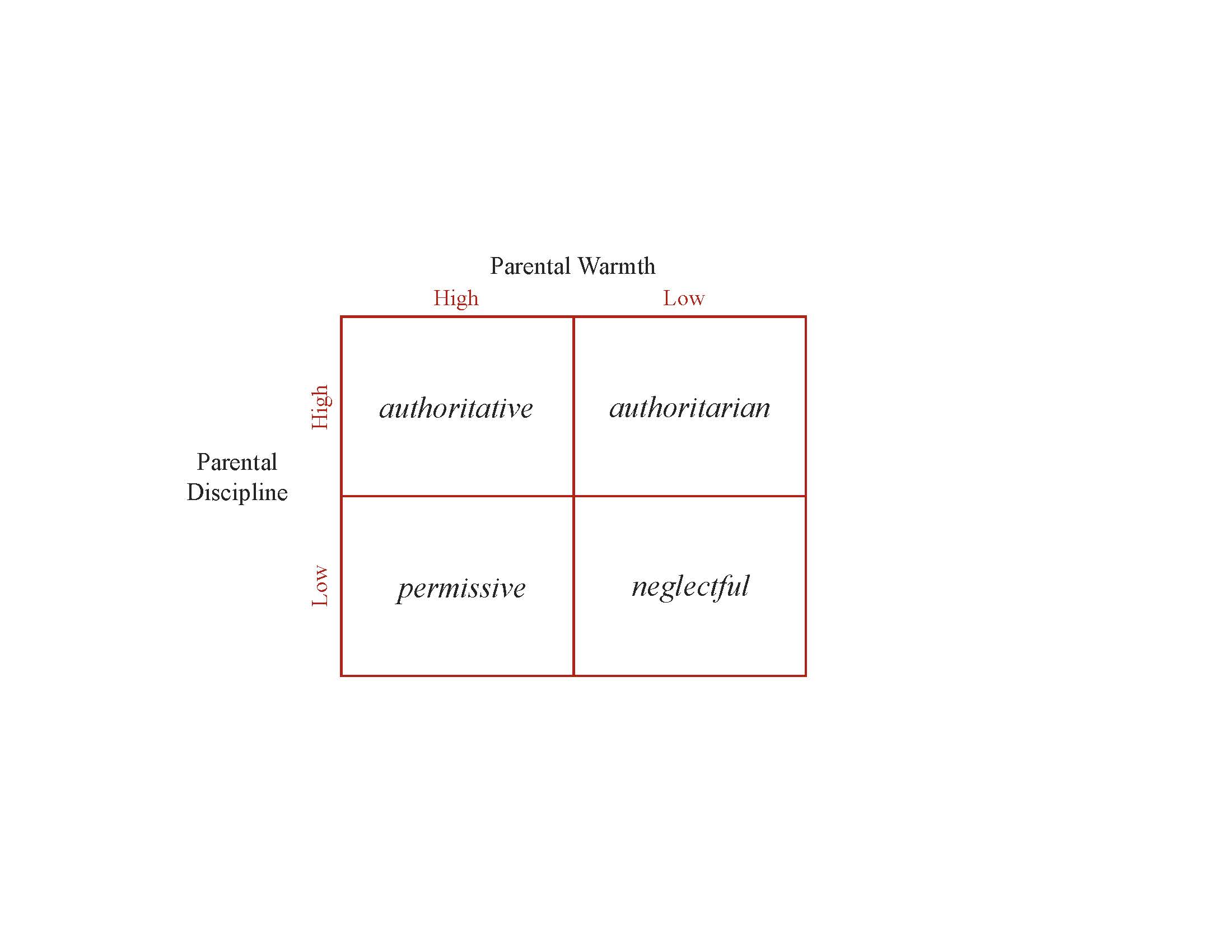
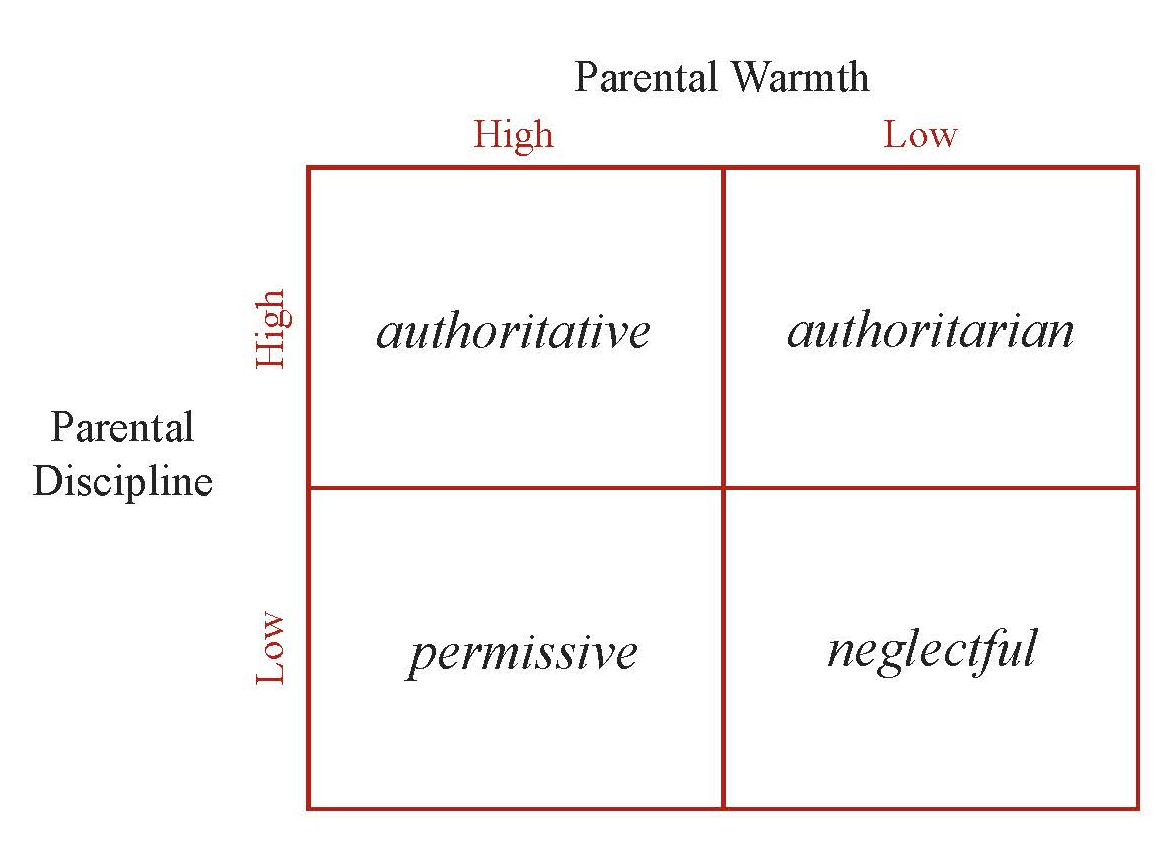
Chen, Y. Kubzansky, L., and VanderWeele, T.J. (2019). Parental warmth and flourishing in mid-life. Social Science and Medicine, 220:65-72.
Chen, Y., Haines, J. Charlton, B., and VanderWeele, T.J. (2019). Positive parenting improves multiple aspects of health and well-being in young adulthood. Nature Human Behavior, in press: https://doi.org/10.1038/s41562-019-0602-x.
DMTBeautySpot
via https://DMTBarberShop.com
tvanderweele, Khareem Sudlow


0 comments